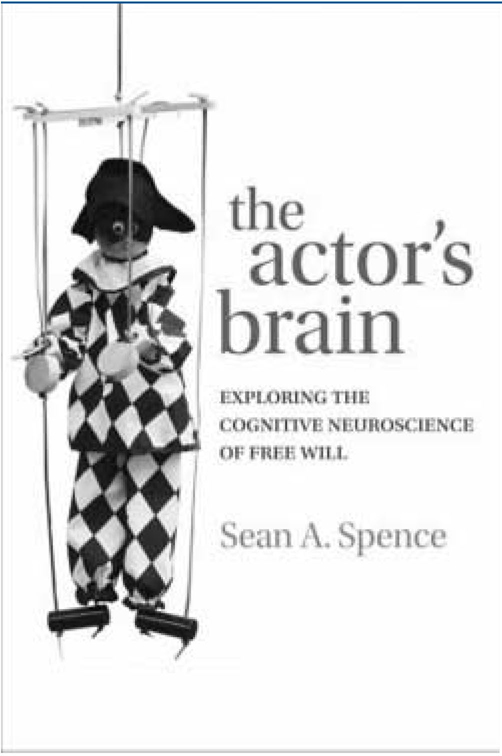
The Actor's Brain is a fresh, thought-provoking journey into a millennial theme. The author's aim is to provide the reader with neuroscientifically driven insights into whether free will is ‘just an illusion’. To do so, he chooses to address the control of action and behaviour, rather than focusing on thought processes. The book is a blend of theoretical issues and scientific data which bridges the disciplines of philosophy, psychology and medicine. Relevant examples and evidence are expertly selected and delightfully interwoven throughout.
The book is well-illustrated and adorned with relevant quotes. It covers immense subject ground. After a clear and intriguing introduction, the reader is taken along a gently guided path that describes the basic physical framework for action and the consequences of its breakdown. These are followed by a discussion of more psychologically based conditions that can be considered to exemplify ‘higher level’ failures in the exertion of free will. Later sections cover the neuropsychology of deception and controversial issues relating to moral judgement. Although the hard science featured in early chapters may prove challenging for readers from a less scientific background, the captivating subject matter makes this book well worth pursuing.
Spence's consideration of physical, psychological and social constraints on the expression of free will is both entertaining and informative. It prompts some interesting conclusions, such as how abnormal behaviour may be considered to result from an over- or under-expression of free will, and how un-willed automatisations may ironically ‘free’ the mind by leaving the conscious cortical workspace available. Examples of action and will in conflict could be considered to provide possible evidence for the existence of free will (or at least its independence from action), but it is clear that even if there is a will, there may not always be a way.
This book inspires many intriguing questions. If the brain and body break down, free will cannot be expressed; does this mean that a will is not present? To what extent can we be sure that ‘the contents of consciousness are themselves the products of neural activity’? Or that the pleasure that drives human behaviour is purely conscious? Although Spence may not provide a definitive answer to the questions posed, this fascinating book illuminates the ways in which we conceptualise free will and how those assumptions affect human behaviour.





eLetters
No eLetters have been published for this article.